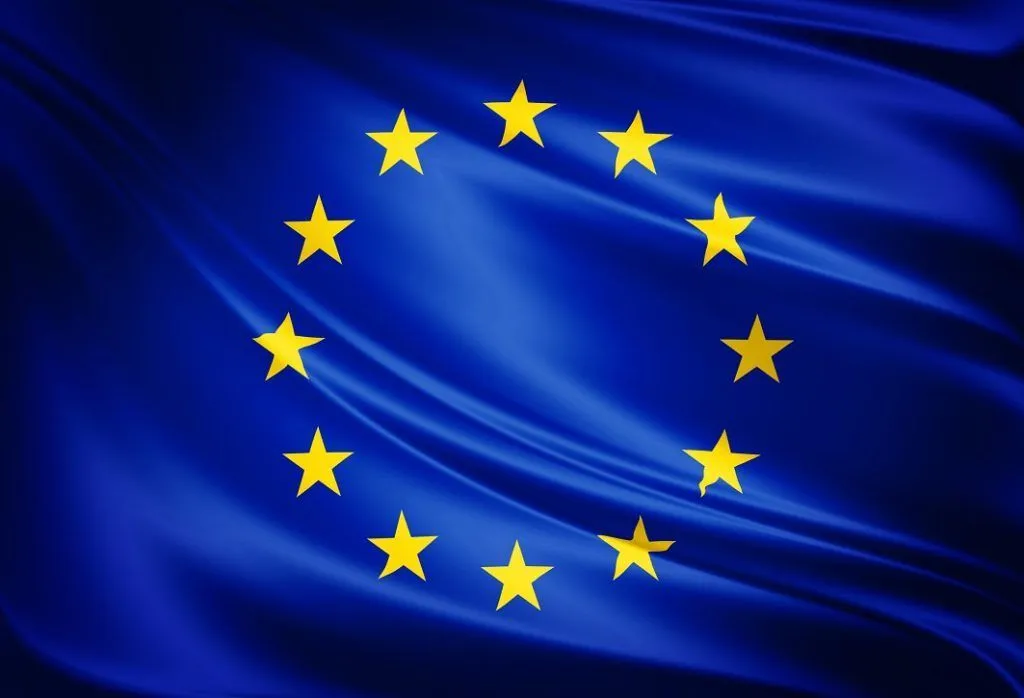France and Germany retracted their objections to the AI Act before its approval on February 2.

With the approval of the final text of the EU’s AI Act by member states, the European Union has advanced its regulatory framework for artificial intelligence (AI).
EU Commissioner for the Internal Market, Thierry Breton formally confirmed the “endorsement of the political agreement reached in December” 2023 by all 27 member states.
However, he stated in a post on the social media platform X that the AI Act is historical and a world first.
By implementing a risk-based approach, the AI Act regulates AI applications.
Meanwhile, the agreement addresses the use of artificial intelligence by the government in biometric surveillance, the regulation of AI systems such as ChatGPT, and the transparency requirements before market entry.
Efforts commenced after the December political agreement to convert agreed-upon stances into a final compromise text for legislative approval; this process culminated on February 2 with the “coreper” vote, which comprises the permanent representatives of all member states.
Furthermore, Deepfakes, convincing videos generated by AI algorithms trained on online content and then shared on social media, have raised considerable apprehension among experts.
These videos appear to be authentic but are in fact fabricated, and they muddle the line between fact and fiction in public discourse.
The Friday agreement, according to Margrethe Vestager, executive vice president of the European Commission for A Europe Fit for the Digital Age, is a significant step toward the AI Act. She declared:
“Based on a simple idea: The riskier the AI, the greater the liabilities for developers. For example, if used to sort applicants for a job or be admitted to an education program. That’s why the #AI Act focuses on the high-risk cases.”
Friday’s agreement coincided with France withdrawing its objection to the AI Act.
On January 30, Germany also expressed its support for the act after Volker Wissing, the Federal Minister for Digital Affairs and Transport, said a compromise had been reached.
Meanwhile, legislation of the AI Act is anticipated to commence on February 13, when a pivotal committee of EU legislators will cast its vote, which will be succeeded by a European Parliament vote in March or April.
The anticipated implementation year is 2026; however, certain provisions are anticipated to be implemented earlier.
Additionally, to oversee adherence to a collection of transformative foundational models deemed to pose a systemic risk, the European Commission is in the process of establishing an AI Office.
It also disclosed initiatives to assist domestic AI developers, including the modernization of the European Union’s supercomputer network for training generative AI models.
